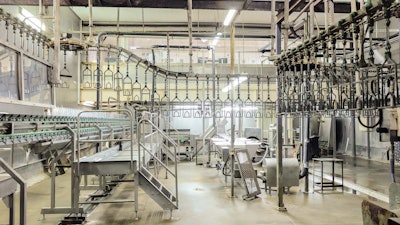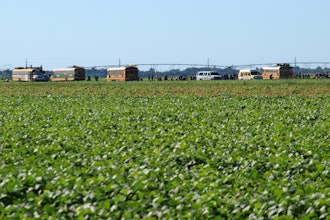
BIRMINGHAM, Ala. – Work in a poultry catching facility is hard, where people commonly face the risks of working with dangerous equipment, on slippery floors, around hazardous chemicals, and are exposed to the possibility of illness for those handling live birds and the waste and dust they produce. Standing for long hours also greatly increases the risks of musculoskeletal disorders.
At two poultry catching facilities in Alabama and North Carolina, the owner made work even more difficult for 322 employees by denying them their full earned wages, a U.S. Department of Labor investigation has found.
Investigators with the department’s Wage and Hour Division determined that Native Poultry LLC in Enterprise, Alabama, and Poultry Labor Solutions Inc. in Newton, North Carolina – which share ownership – did not pay proper overtime wages at the additional half-time premium pay to employees working as catchers, loaders, and leads. They also found the employers only paid the proper overtime premium rates for weekend work and not when employees worked over 40 hours during the typical workweek. Their actions violated overtime provisions of the Fair Labor Standards Act. These catching companies support the poultry growing and processing operations of Wayne Farms LLC, in Dothan, Alabama, and Case Farms LLC in Troutman, North Carolina.
The division’s investigation recovered $353,141 in back wages for the affected workers whose annual mean wage for their occupation, a Bureau of Labor Statistics’ May 2021 survey found, ranges from $25,930 in Alabama to $31,640 in North Carolina.
“The workers in these cases handle an important step in food operations that is not mechanized, and their labor is essential to the industry,” said Regional Administrator Juan Coria in Atlanta. “More than 100 birds can be processed by hand every 30 minutes so the teams employed there can face difficult conditions.”
“Employers like Native Poultry and Poultry Labor Solutions have a legal obligation to make sure their employees – people who help put food on our tables – are paid their full earned wages,” added Coria.
BLS estimates about 95,000 people work in animal slaughtering and processing industry in the U.S.






















